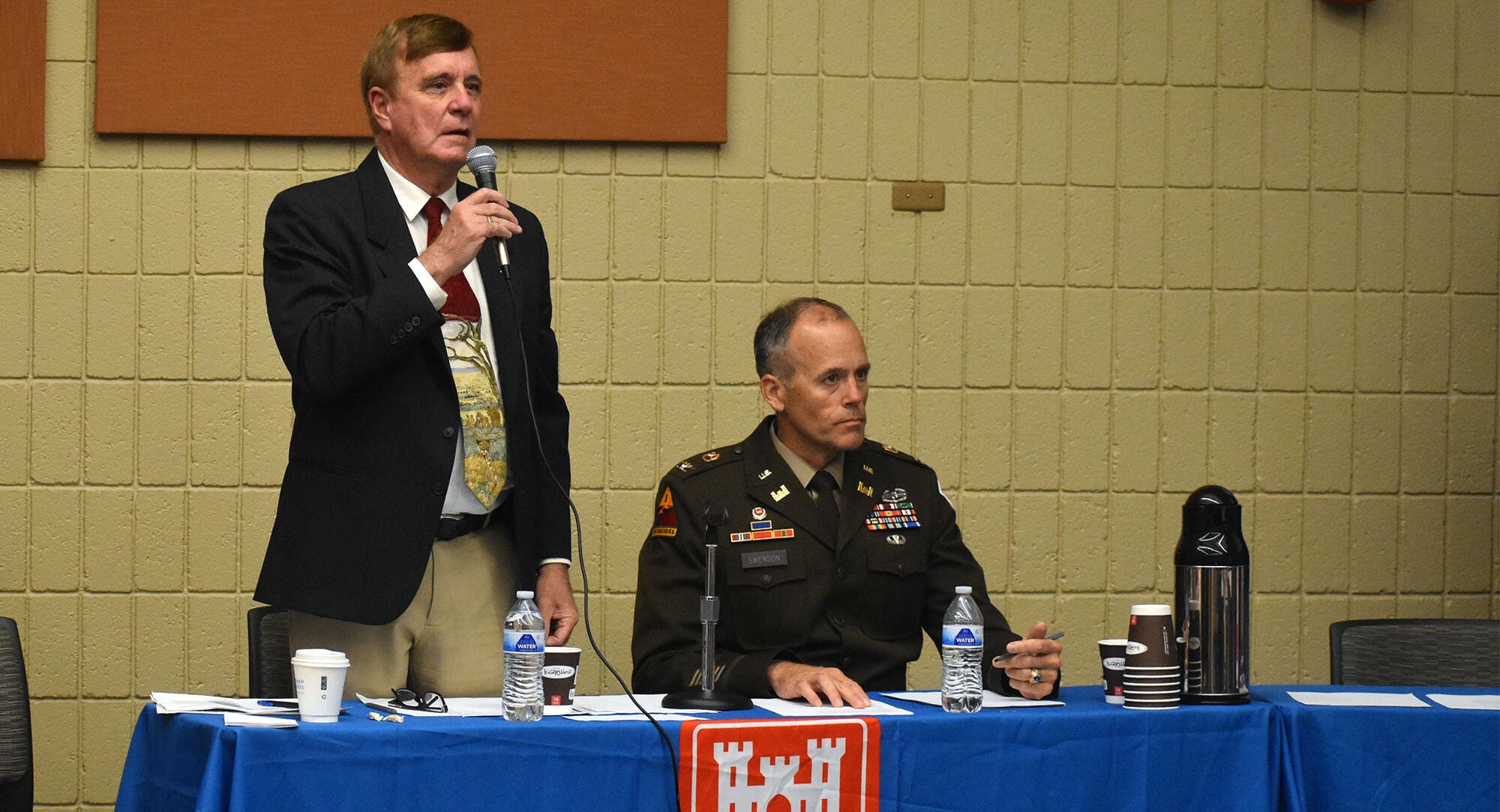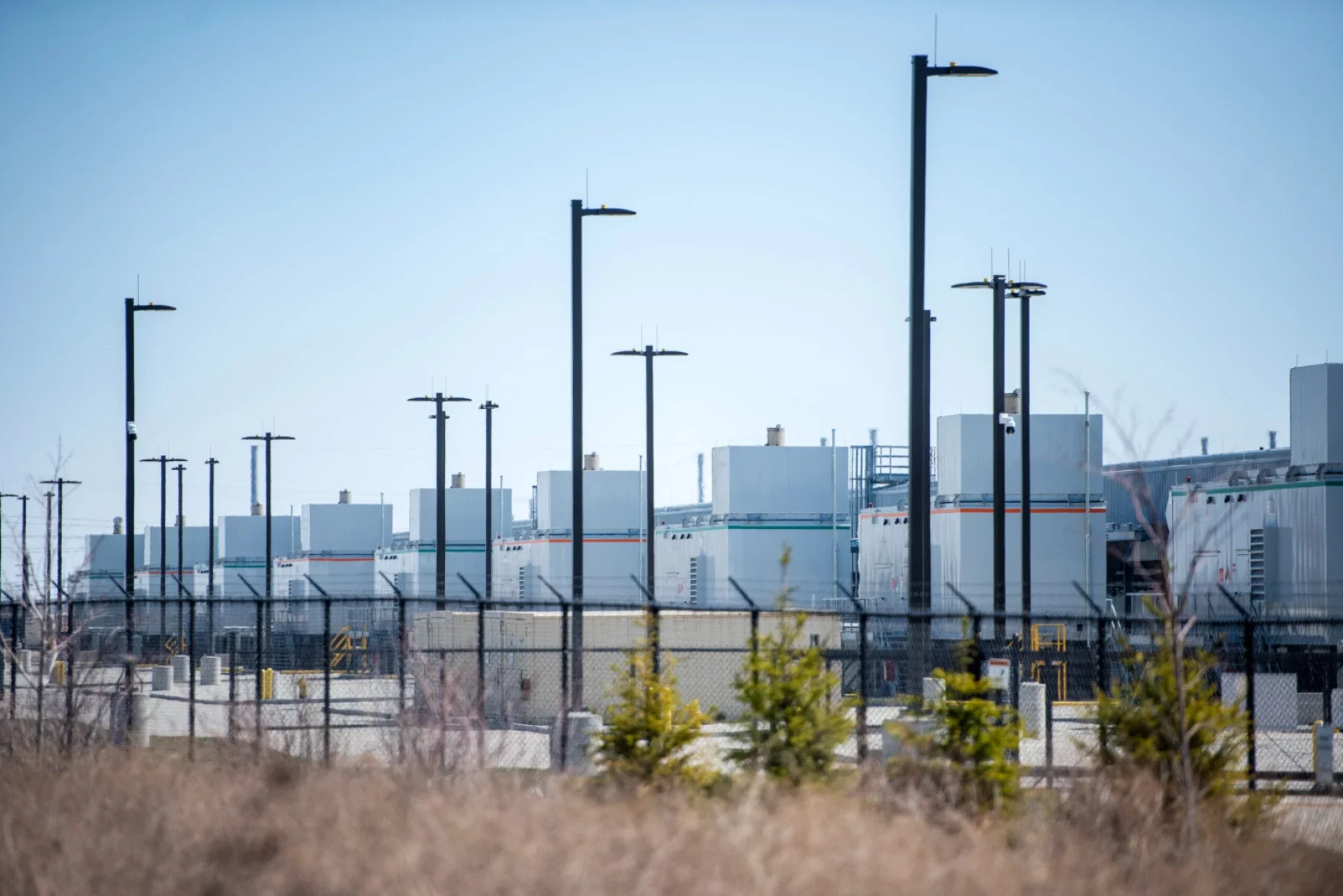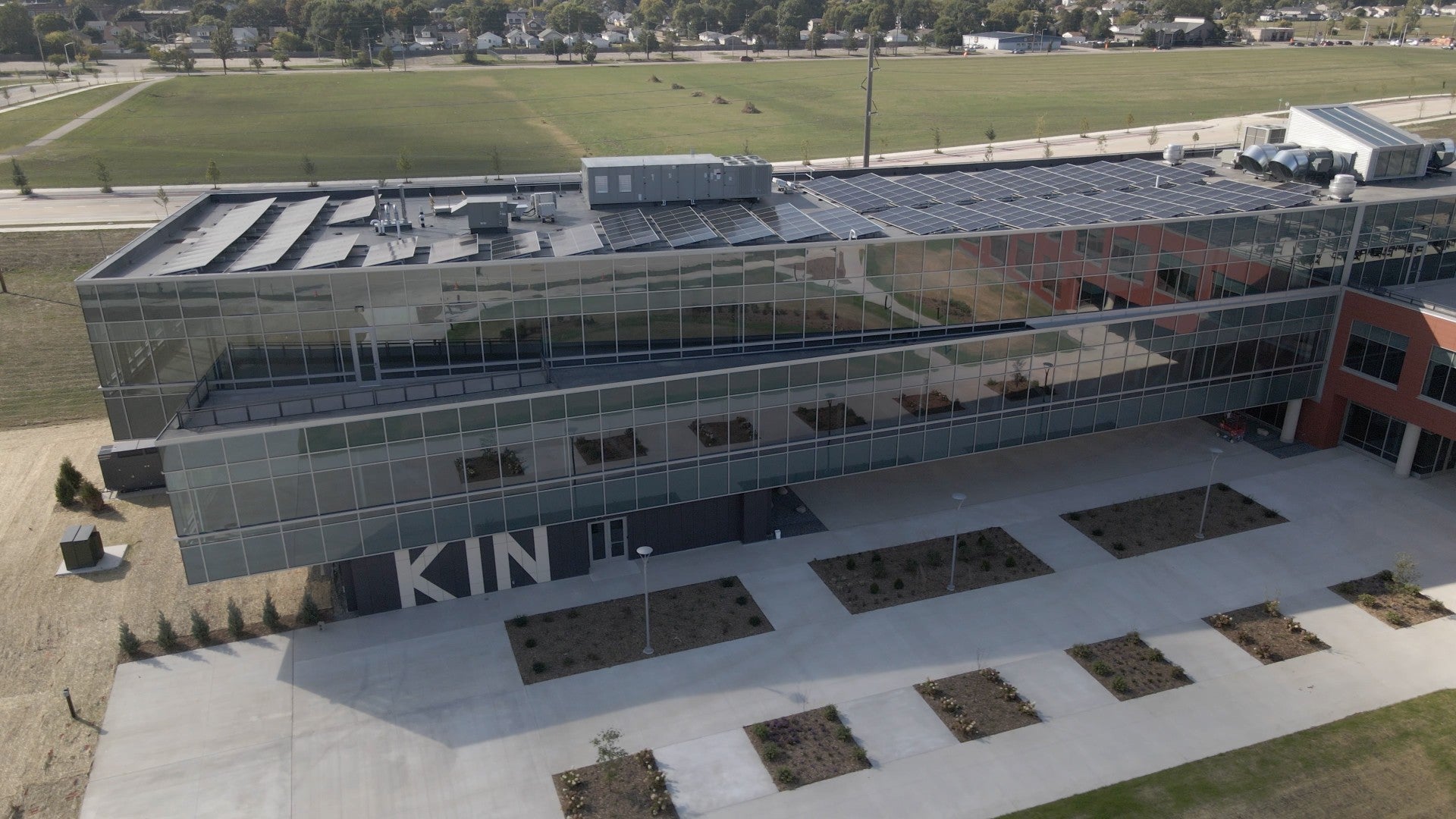The Menominee tribe’s new attempt to open a casino in southeast Wisconsin is expected to come to a vote in Kenosha County this month.
The tribe has been working to open a casino in Kenosha County since the 1990s, its last effort ending in failure when it was rejected by then-Gov. Scott Walker despite support from local and federal officials.
In the latest proposal, the Menominee hope to open a gaming facility in conjunction with Florida-based Hard Rock International on a 60-acre site just west of Interstate 94 in the city of Kenosha.
News with a little more humanity
WPR’s “Wisconsin Today” newsletter keeps you connected to the state you love without feeling overwhelmed. No paywall. No agenda. No corporate filter.
The Kenosha County Board and the City of Kenosha Common Council are expected to vote this month on proposed agreements with the Menominee Indian Tribe of Wisconsin, the Menominee Kenosha Gaming Authority and municipalities. The agreements outline the proposed casino’s operations in the community and the gaming authority’s financial obligations to the county and city.
Joey Awonohopay, chair of the Menominee Kenosha Gaming Authority, said the project would bring tourism, economic growth and financial support to the city and the county as well as the tribe.
“We want this project to be good for the people of Kenosha and my tribe as well,” Awonohopay said.
The village of Bristol last year agreed to sell a 60-acre site to Hard Rock International for $15 million. Plans for the project include a casino, entertainment venue, hotel and a Hard Rock Café.
The proposed site is at the southwest corner of I-94 and 60th Street.
Under the agreement, the site would be exempt from property tax if the casino is ultimately approved, but the city and county would receive payment from the tribe based on gaming revenues at the site.
Payments would increase over time, with an estimated $110 million dollars paid to the city and county in the first 12 years. The agreement says the city would put some of that money towards public museums, schools and facilities.
Hard Rock estimates the project would create 800 construction jobs and 1,000 permanent jobs once the casino is operational. In its third year, there is a projected annual revenue of $250 million.
Rocco Lamachia, president of the Kenosha Common Council, said he supports the agreement.
“(The proposal) is very good for the city of Kenosha,” Lamachia said. “Every year they make money, we make money.”
Brian Thomas, chair of the Kenosha County Board’s legislative committee, said he is not opposed to casinos and he understands the appeal. But he has questions about how the project will affect sales and property taxes. He said he wants to get a better understanding of some of the agreement’s details.
“If it can benefit (the tribe) somehow by improving services and the educational system and however else they plan on using the revenue generated from this, I would be all in favor of that,” he said.
A majority of the earnings from the casino will go back to the tribe. Menominee County, home to the reservation, had the highest poverty rate in the state as of 2021.
Awonohopay said the money would be invested in elderly services, health care, education and housing. The pandemic and the opioid epidemic stretched their resources.
“We want to have better housing for them. We want to have better support in the areas of nutrition and healthcare, mental health care, physical therapy, providing ongoing counseling for our elders,” Awonohopay said.
County Board Supervisor Laura Belsky also expressed concern over the agreement that she deems incomplete. She said the new casino would contribute to a region she called “saturated” with casinos.
Kenosha County residents have spoken out both in favor and in opposition to the project at city and county meetings. Some are optimistic about the creation of jobs, tourism and access to entertainment. Others worry about the impact on traffic and a decrease in home value.
Lorri Pickens, executive director of Citizens Against Gambling, spoke out against the project at a county board meeting. In an interview with WPR, she said municipalities that allow casinos are letting people spend their money irresponsibly.
“The primary responsibility for government is to protect its citizens. It used to be they would encourage people to invest in treasury bonds and things that actually help them build wealth. Today they want you to gamble,” Pickens said.
The city and the county anticipate voting on their respective agreements towards the end of November. If passed, the agreements would next go to the Federal Bureau of Indian Affairs.
Wisconsin Public Radio, © Copyright 2026, Board of Regents of the University of Wisconsin System and Wisconsin Educational Communications Board.







